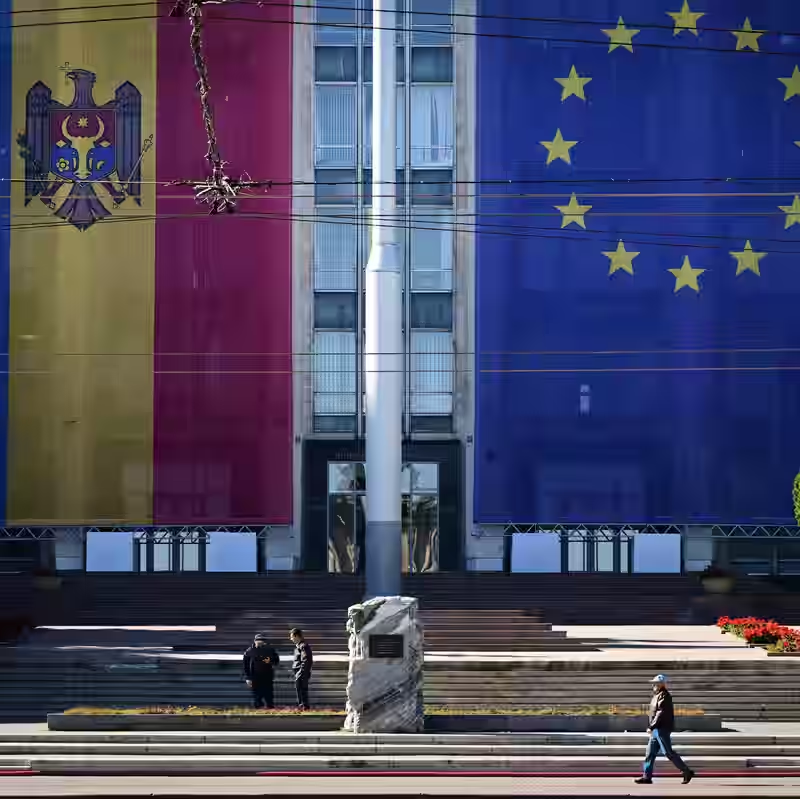Moldova’s Pro-European Mandate Holds—But Russia Isn’t Backing Down
In a pivotal vote that could reshape Eastern Europe’s geopolitical map, Moldova’s ruling Party of Action and Solidarity (PAS) retained its absolute parliamentary majority in the September 29, 2025 elections—defying a massive Russian disinformation and voter suppression campaign.

Election Results at a Glance
| Party | Seats Won (out of 101) | Stance |
|---|---|---|
| Party of Action and Solidarity (PAS) | 55 | Pro-European Union |
| Patriotic Electoral Bloc | 26 | Pro-Russian |
| Other Parties | 20 | Mixed/Regional |
Russia’s Failed Interference Playbook
Despite pouring an estimated hundreds of millions of euros into Moldova, Moscow’s efforts to sway the election backfired:
- Cyberattacks on electoral infrastructure
- Hoax bomb threats at overseas polling stations
- Disinformation campaigns on social media
- Alleged vote-buying—Moldovan police confirmed some protesters were paid by Russian actors
The Diaspora Divide: A Strategic Voting Shift
Moldova’s 2.4 million citizens include a large diaspora critical to the outcome. The government strategically expanded polling access in pro-EU regions:
| Country | 2021 Polling Stations | 2025 Polling Stations | Voter Trend |
|---|---|---|---|
| United States | — | 22 | Strongly pro-EU |
| United Kingdom | — | 24 | Strongly pro-EU |
| Belgium | — | 5 | Pro-EU |
| Russia | 17 | 2 | Pro-Russian |
Moldova cited security concerns amid Russia’s war in Ukraine for reducing stations in Russia and closing five in the breakaway region of Transnistria—a Russian military stronghold.
Putin’s Reaction: Outrage and Denial
Kremlin spokesman Dmitri Peskov claimed “hundreds of thousands” of Moldovans in Russia were disenfranchised—a claim contradicted by data: only 6,000 voted there in 2021, versus 24,000 in the UK alone in 2025.
Path to EU Membership: Ambitious but Realistic
Moldova’s EU Roadmap
- 2022: Applied for EU membership
- 2025: Secured parliamentary mandate for reforms
- 2026: Expected to begin formal accession negotiations
- 2028: Target to complete negotiations
- 2029–2030: Potential EU accession
The Transnistria Wildcard
A major hurdle remains: Transnistria, a Russia-backed separatist region that declared independence in 1990 but is unrecognized internationally. The EU insists any accession deal must include a peaceful resolution to this frozen conflict.
What Analysts Say
“Russia is not done yet. They never recognize when they lose a fight.”
— Sergiu Panainte, Deputy Director, German Marshall Fund
“At some point, do you stop chasing that sunk cost?”
— David Smith, Moldova-based political analyst




